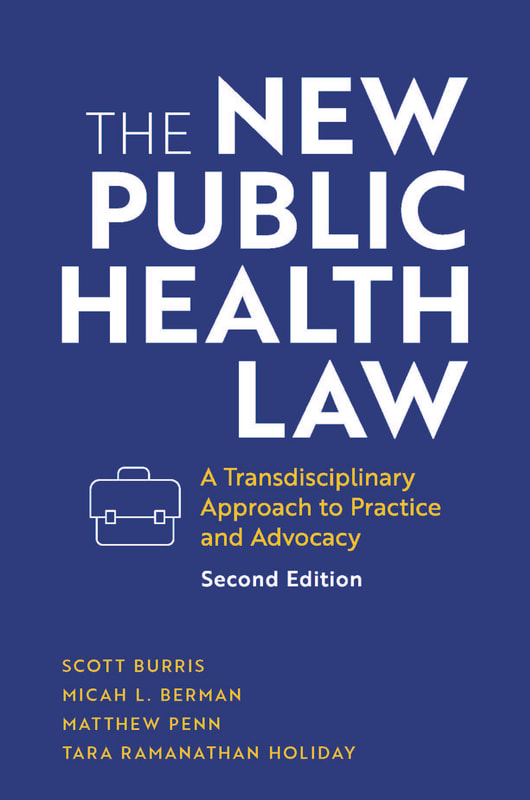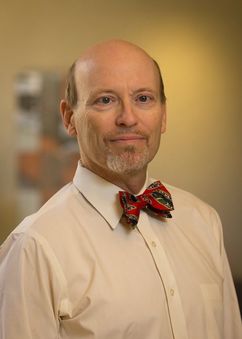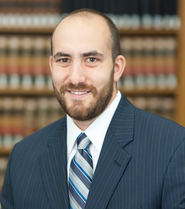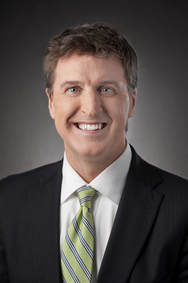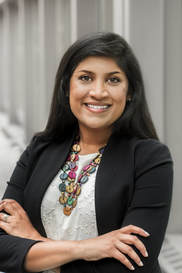The New Public Health Law
|
The New Public Health Law is the first textbook to arm lawyers and public health professionals of any background with the tools to fully exploit the potential of law to improve public health. Its transdisciplinary approach breaks down complex legal processes into discrete and understandable stages, making it an indispensable roadmap for the difficult work of crafting, monitoring, and improving public health laws.
The refreshed second edition (Nov. 2022) furthers the transdisciplinary approach of the first edition with key updates to case law and evolving legal changes in response to COVID-19 and worsening health inequities. Suitable for courses in public health, law, and social work, this text offers straightforward chapters that move through the life-cycle of public health law practice from the perspective of attorneys and non-attorneys: policy development; implementation; advocacy; enforcement; and monitoring and evaluation. Introductory chapters set out necessary background on the health and legal systems, ethics, and the federal structure of U.S. law, and ensuing chapters outline the legal doctrines essential to public health law at all levels. Enriched with thought-provoking exercises and written for readers of any background, The New Public Health Law sets a new and richly accessible standard for understanding and leveraging policy to further the public good. |
